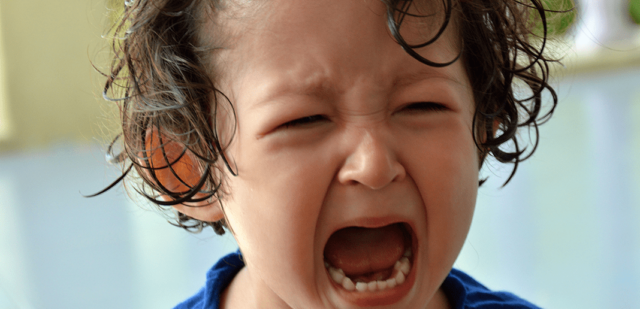Ask an Expert
What are appropriate consequences for bad behavior?
Clinical Expert: Kristin Carothers, PhD
en Español
Question
What are appropriate consequences for bad behavior? We want to help and not hinder the behavioral growth and maturity of a child with IED.
Answer
It’s good to think about appropriate consequences, but teaching a child with intermittent explosive disorder ways to handle conflict ahead of time, to help him make better choices, can be just as important.
In order to help him mature, increase his opportunities for success by setting expectations ahead of time using the “positive opposite.” We use the positive opposite to teach children and adolescents what to do instead of focusing on what not to do. Focusing on what a child should do is a great teaching opportunity that results in the development of life skills. For instance, if he often has explosive reactions because peers do not agree with him, before he actually begins to play a teacher would give him the direct command to play calmly and find an adult to help problem solve during the play if he is triggered. Instead of telling him not to explode when there is a change of plans, a teacher would have a conversation with him ahead of time about the fact that plans may change and he may feel upset. Let him know he can choose an adult to discuss his feelings with and may earn a privilege if he can go with the flow.
Along with this, you can establish contingencies or behavioral systems that provide immediate or same day reinforcement for positive behaviors. Some examples of behaviors to target include, “Handle changes calmly,” or “Going with the flow when there is a change.” Engaging in those behaviors would result in him earning rewards from teachers. These rewards might include specific praise, points towards privileges, or an actual privilege in the moment (like extra computer time, visiting a friend in another classroom, helping the teacher).
We should remember that attention, whether positive or negative, is the strongest reinforcer of all behaviors. As adults, we may unintentionally reinforce behaviors we mean to punish, just by giving attention. This is why we recommend actively ignoring minor misbehavior. Active ignoring is a technique in which you ignore a behavior until you can catch the child engaging in a positive behavior, even if it’s by accident.
For behaviors that result in aggression or destruction of property, there should be a loss of privilege or time-limited consequence (i.e. sit out of a game for five minutes, lose specific number of minutes of recess or choice time, time out in the classroom or removal to special backup room for five minutes).
Frequently Asked Questions
This article was last reviewed or updated on June 12, 2024.
Topics
Kristin Carothers, PhD
Kristin J. Carothers, PhD, is a former clinical psychologist in the ADHD and Behavior Disorders Center at the Child Mind…
Was this article helpful?
Related Reading
-
 Behavioral Treatments at a Glance
An overview of behavioral treatments, how they work, and how they can help
Behavioral Treatments at a Glance
An overview of behavioral treatments, how they work, and how they can help
-
 ADHD and Behavior Problems
Why are tantrums, outbursts and defiance so common in kids with the disorder? And how can we help them behave better?
ADHD and Behavior Problems
Why are tantrums, outbursts and defiance so common in kids with the disorder? And how can we help them behave better?
-
 Angry Kids: Dealing With Explosive Behavior
How to respond when a child lashes out
Angry Kids: Dealing With Explosive Behavior
How to respond when a child lashes out
-
 Complete Guide to Managing Behavior Problems
When children struggle with their behavior, it can have a negative impact on everyone in the family. Parents know they need to respond, but they…
Complete Guide to Managing Behavior Problems
When children struggle with their behavior, it can have a negative impact on everyone in the family. Parents know they need to respond, but they…
-
 Managing Problem Behavior at Home
A guide to more confident, consistent, and effective parenting
Managing Problem Behavior at Home
A guide to more confident, consistent, and effective parenting
-
 Breaking the Behavior Code
How teachers can read and respond more effectively to disruptive students
Breaking the Behavior Code
How teachers can read and respond more effectively to disruptive students
-
 Complete Guide to Getting Good Care
Complete Guide to Getting Good Care
More Related




